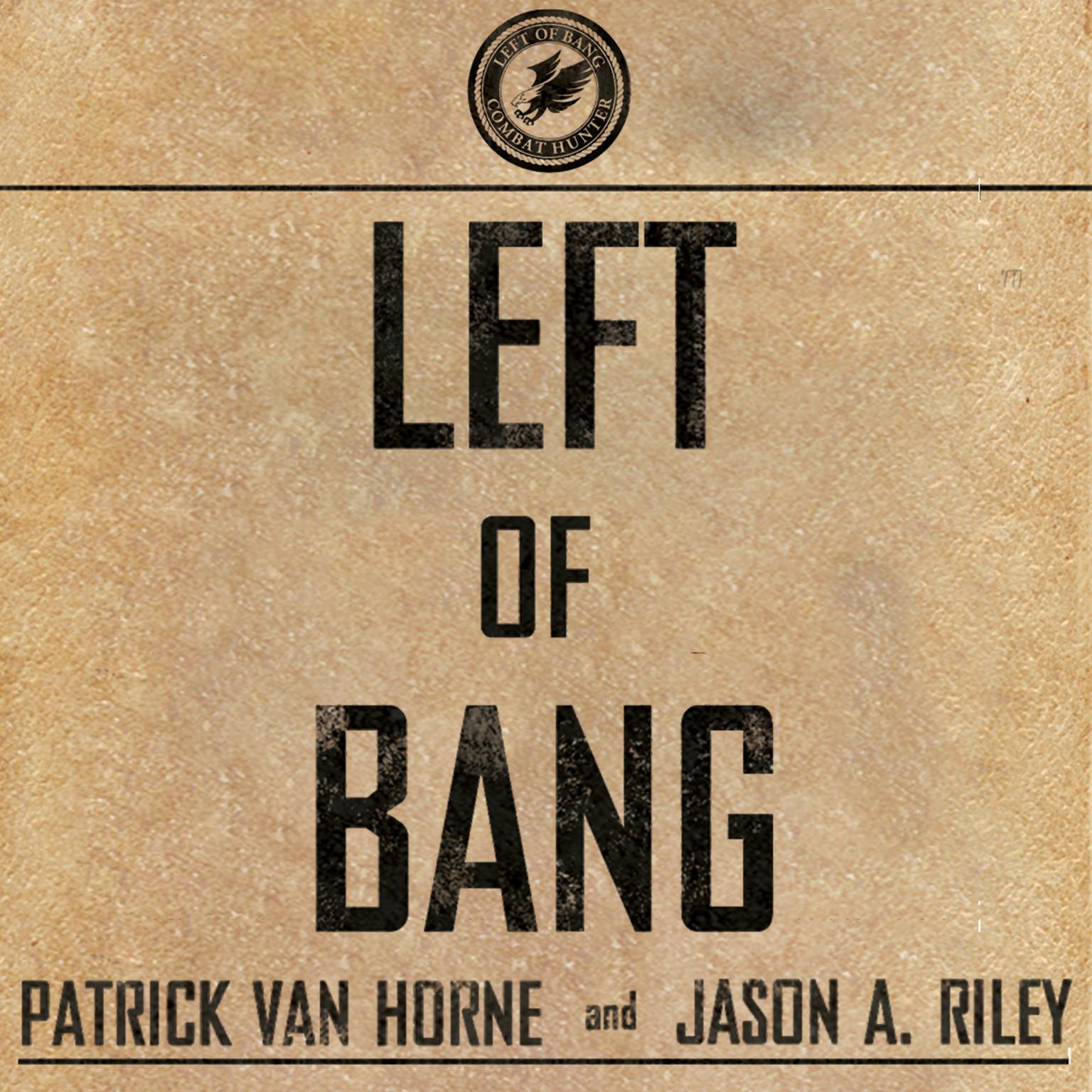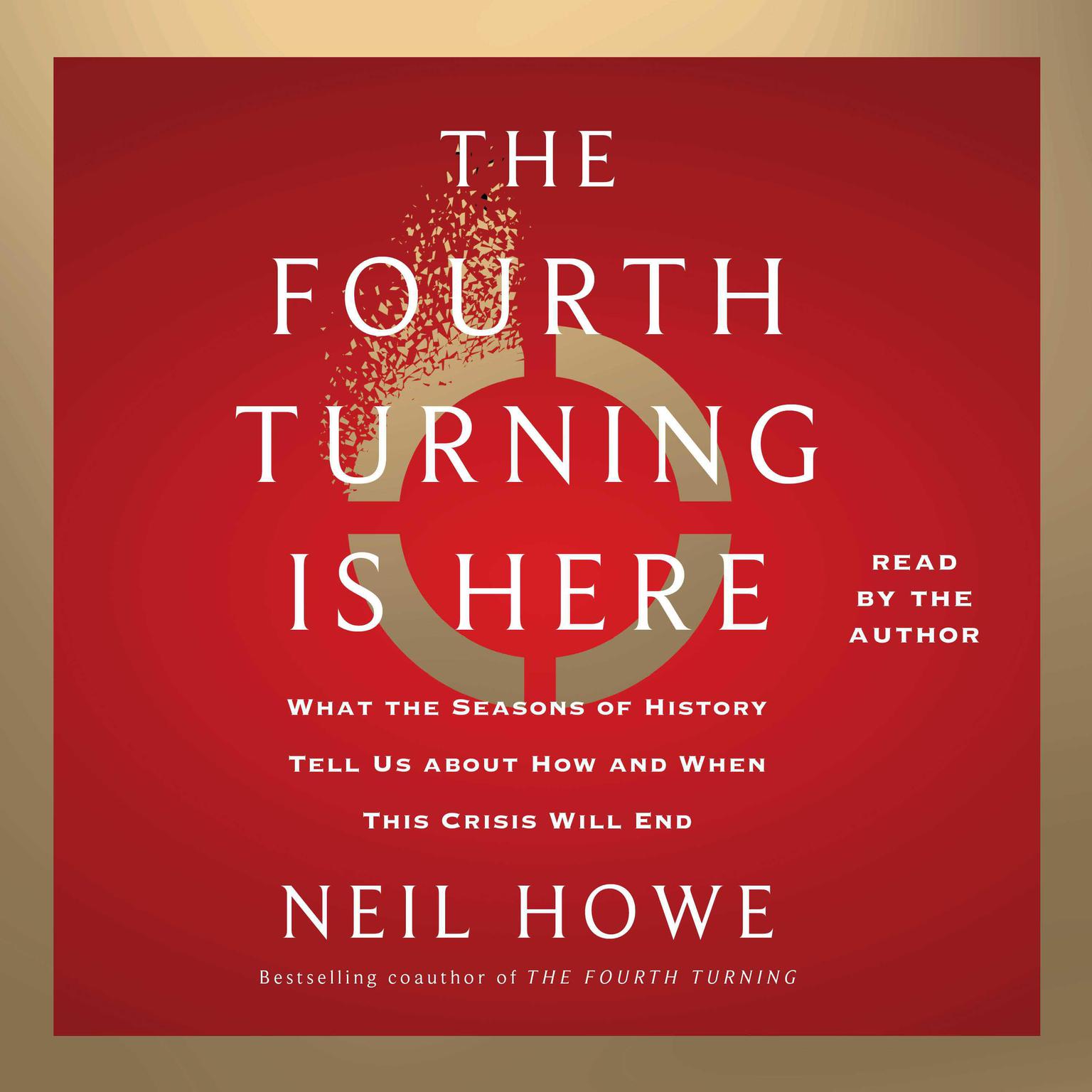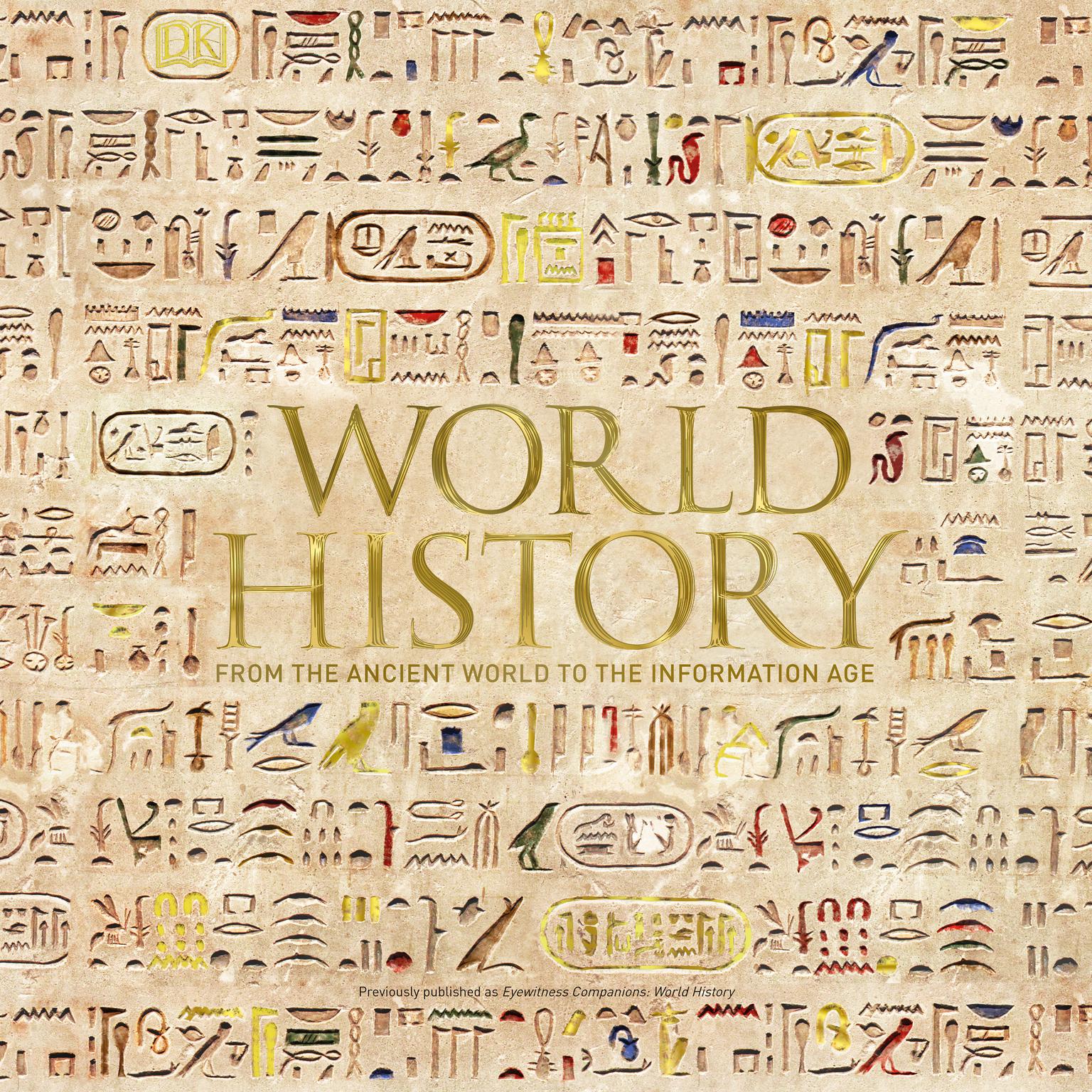Publisher Description
A dramatic shift is taking place in Israel and America. In Israel, the deepening occupation of the West Bank is putting Israeli democracy at risk. In the United States, the refusal of major Jewish organizations to defend democracy in the Jewish state is alienating many young liberal Jews from Zionism itself. In the next generation, the liberal Zionist dream—the dream of a state that safeguards the Jewish people and cherishes democratic ideals—may die.
In The Crisis of Zionism, Peter Beinart lays out in chilling detail the looming danger to Israeli democracy and the American Jewish establishment’s refusal to confront it. And he offers a fascinating, groundbreaking portrait of the two leaders at the center of the crisis: Barack Obama, America’s first “Jewish president,” a man steeped in the liberalism he learned from his many Jewish friends and mentors in Chicago; and Benjamin Netanyahu, the Israeli prime minister who considers liberalism the Jewish people’s special curse. These two men embody fundamentally different visions not just of American and Israeli national interests but of the mission of the Jewish people itself.
Beinart concludes with provocative proposals for how the relationship between American Jews and Israel must change, and with an eloquent and moving appeal for American Jews to defend the dream of a democratic Jewish state before it is too late.
Download and start listening now!
“This is a terrific discussion of the current situation in Israel, and an analysis of how so many Jewish organizations in the USA came to be uncritical endorsers of Israeli government policies. The writer explains clearly the impossibility of Israel remaining a liberal democratic nation while it is a occupying power. Chapters on President Obama and current Prime Minister Netanyahu explain well how they came to hold the views they do today. Beinart is also concerned with the dilution of “jewishness” (my term since I no longer have the book in the USA, and attributes it partly to the younger generations’ discomfort with Israeli policy toward the Palestinians. He has solutions too. This is not a long book, only about 200 pages. It is easy to read, clear, and convincing.”
—
Bonniecco (5 out of 5 stars)











